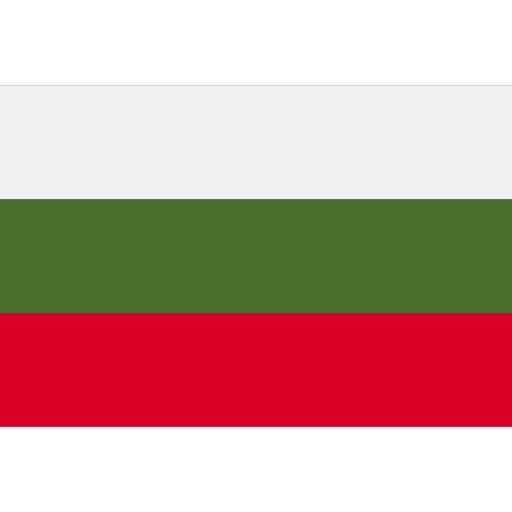What does the European Green Deal include?
There is hardly a person left who has not heard of the European Green Deal or how the member states of the European Union must work towards carbon neutrality.
The Green Deal has the following objectives:
- A climate-neutral European Union by 2050;
- Reducing pollution and carbon emissions;
- Helping companies become world leaders in clean products and technologies;
- Ensuring a just and inclusive transition.
The Green Deal is set to be financed through the InvestEU programme, which sees €1 trillion to be spent by member states over the next decade. An initial estimate suggests that achieving carbon neutrality by 2050 will require at least €230 billion of annual investment in low-carbon business models by 2030.
The main polluters of the environment are coal plants, heavy metallurgy and all other industries that increase carbon emissions. The solution proposed by the EU is investment in modernization of production, implementation of new technologies and sustainability of the production cycle.
Generally speaking, it provides an opportunity for the development of the industry in the direction of a less energy-intensive, more efficient and competitive economy. This time the industrial revolution is refracted through the prism of sustainable development, which simultaneously gives industry access to investment, banking and insurance services.
What is sustainable investing (ESG investments)?
Traditional investing delivers value by translating investor capital into investment opportunities that carry risks commensurate with expected returns. Sustainable investing balances traditional investing with environmental, social and governance (ESG) criteria to improve long-term performance.
As of the end of 2021, ESG funds are 10% of global fund assets, namely over 650 billion. Although leading investors did not support ESG criteria and subsequent climate-related resolutions, environmental and social risk management became part of everyday sustainability assessments in the industry. Many industrial concerns have turned to investments in reducing carbon emissions derived from production that corresponds to the requirements of the Green Deal.
Manufacturing companies are the third largest “polluter”. In 2019, the manufacturing industry produced 823 million tons of CO2 emissions. While the automotive industry is moving to the production of electric cars, the energy sector is increasing the use of renewable energy sources, in the industrial sector the pace of change is related to the implementation of new technologies.
Carbon neutral manufacturing takes into account how products are made and how the company operates as a whole. To reach zero-carbon manufacturing, companies must change their daily business interactions as well as their core production processes.
The three levels of production with a zero carbon footprint are expressed in the following actions:
- Carbon neutrality – A product or company that removes the same amount of CO2 it emits into the atmosphere. This is usually done by purchasing emissions to make up the difference with those produced;
- Zero Carbon Emissions – Buildings and vehicles, for the production of which renewable energy sources were used. A production enterprise can be equated in this group by building photovoltaic installations (PEC) to generate electricity for its own needs;
- Negative carbon emissions – companies that have the ability to remove more CO2 than they emit.
How does ATAMIQ fit into the Green Deal concept and industry transformation?
As a partner with many years of experience in the industrial and energy sector, ATAMIQ offers high-tech equipment applicable in the production cycle of enterprises.
Together, we can direct the efforts of industrial enterprises towards a sustainable green transformation related to green and smart solutions in the following areas:
- water and leachate treatment;
- sludge dewatering systems;
- installations for the utilization of biogas;
- air and soil treatment plants;
- photovoltaic plants;
- ESCO financing.
Contacts:
Do not hesitate to contact our specialist on email sales@atamiq.com or phone +359886163199



